Keywords: Religious Beliefs
-

AUSTRALIA
- Andrew Hamilton
- 16 December 2024
At Christmas, the sacred and the secular seem locked together. Amid the tinsel and toasts, there’s a deeper narrative: one of radical generosity, shared humanity, and solidarity with the marginalised. This season invites not just celebration but reflection on who we are—and who we might become.
READ MORE
-

ARTS AND CULTURE
- Cherie Gilmour
- 06 December 2024
Russell Brand's conversion to Christianity has sparked fascination and skepticism. Dismissing his newfound faith as a cynical PR move, critics cite his controversial past. Yet, his public embrace of grace and redemption speaks to a restless spiritual hunger. Is this a genuine transformation or another reinvention of Brand’s ever-shifting persona?
READ MORE 
-

AUSTRALIA
- Andrew Hamilton
- 04 December 2024
Australia’s recent immigration detention laws reveal a stark shift in governance, prioritising power over human dignity. As families face indefinite separation and bureaucrats enforce policies with brutal efficiency, the High Court's rebuke offers a glimmer of ethical resistance. But can such laws truly claim legitimacy in a democratic society?
READ MORE
-

INTERNATIONAL
- Barry Gittins
- 22 November 2024
1 Comment
Before the U.S. election, Don Watson predicted the electoral victory of Trump in his essay High Noon, an exploration of a divided America teetering on the edge. Dissecting the economic, racial, and cultural forces that led to a Republican landslide reveals an imperfect union at its most vulnerable.
READ MORE 
-
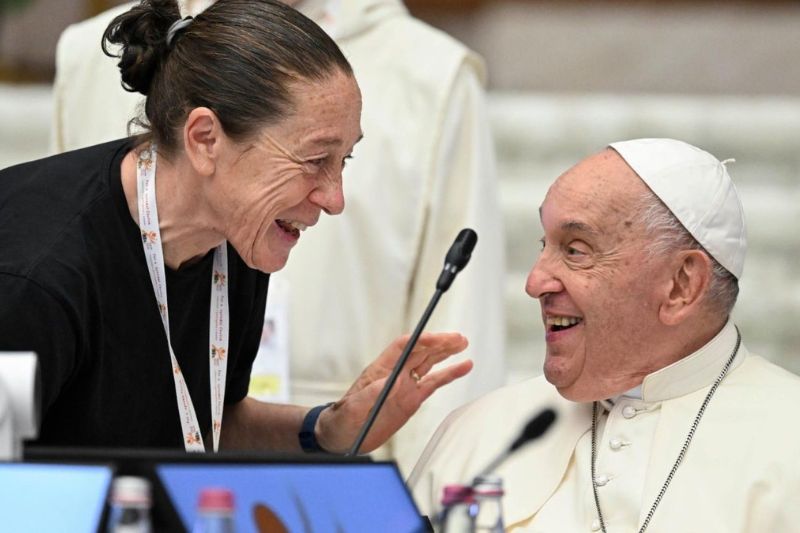
RELIGION
- Bruce Duncan
- 14 November 2024
14 Comments
The Synod is possibly the most important event in the Catholic Church since the Second Vatican Council. And despite its focus on internal Church reform and participation, can it effectively address broader social and moral issues in the world while still promoting a more inclusive and accountable Church?
READ MORE
-
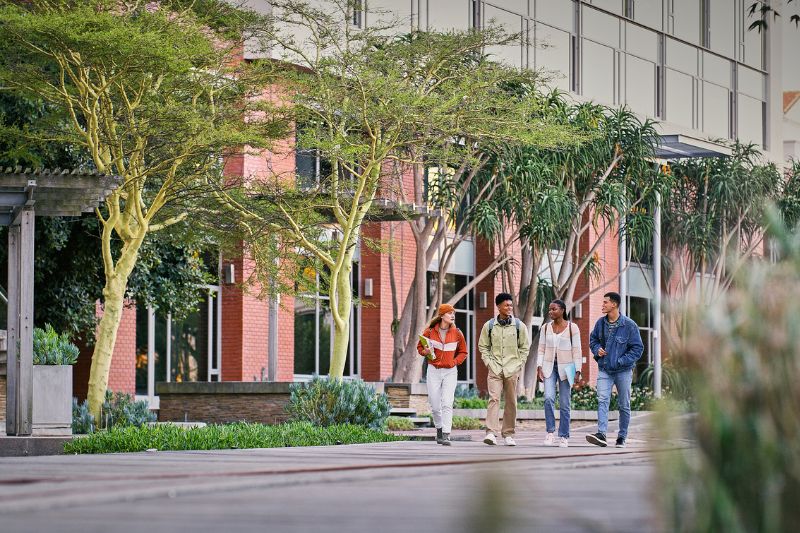
EDUCATION
- Erica Cervini
- 14 November 2024
4 Comments
At an ACU graduation event, students walked out in protest as Joe de Bruyn gave an address condemning abortion, single-parent IVF, and same-sex marriage. The event highlights tensions for Catholic institutions trying to balance traditional Catholic values while also embracing often opposing perspectives a diverse, pluralistic society.
READ MORE
-
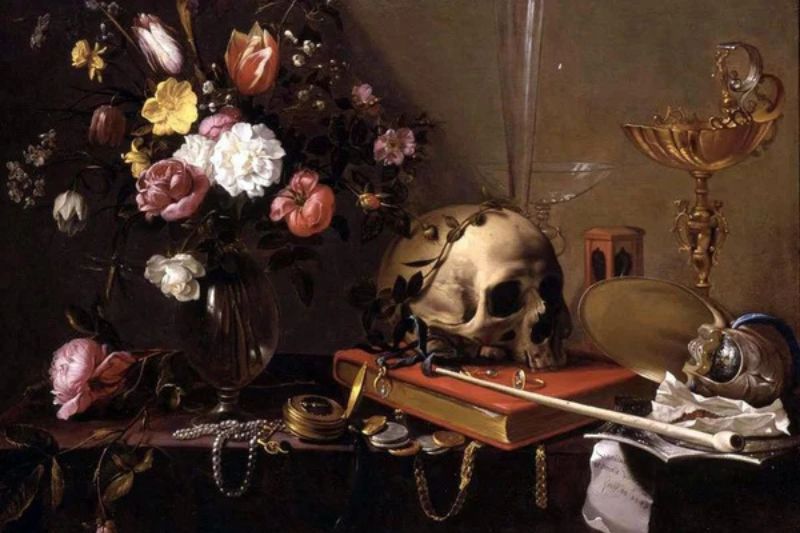
AUSTRALIA
- Andrew Hamilton
- 30 October 2024
2 Comments
The traditions of All Saints Day and All Souls Day invite a rare reflection on death — a topic largely sidelined in contemporary Australia. Amid global events and various cultural spectacles, these days offer a quiet reminder to consider how we honour the dead and what that reveals about our values.
READ MORE
-
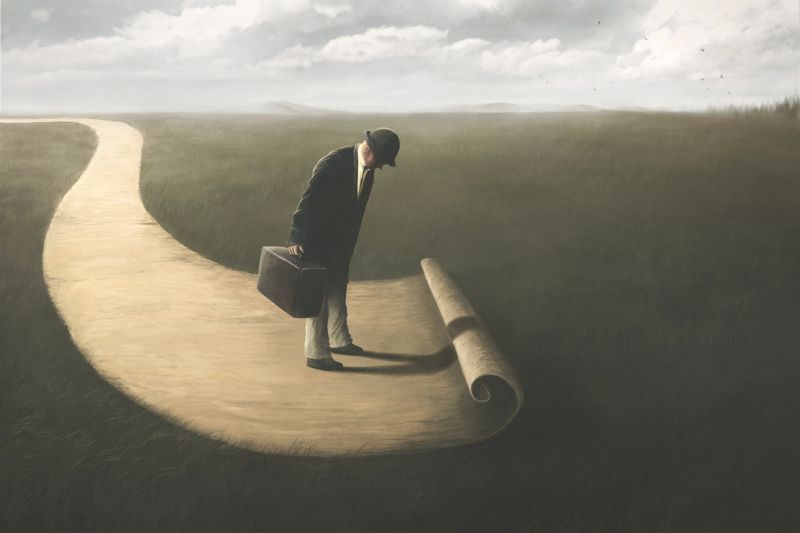
RELIGION
- Andrew Hamilton
- 21 August 2024
3 Comments
This year’s Social Justice Statement is ambitious in its scope. From the ravages of war to the erosion of truth, the statement challenges us to confront the root causes of our divisions and seek a path toward a more just and peaceful future.
READ MORE
-
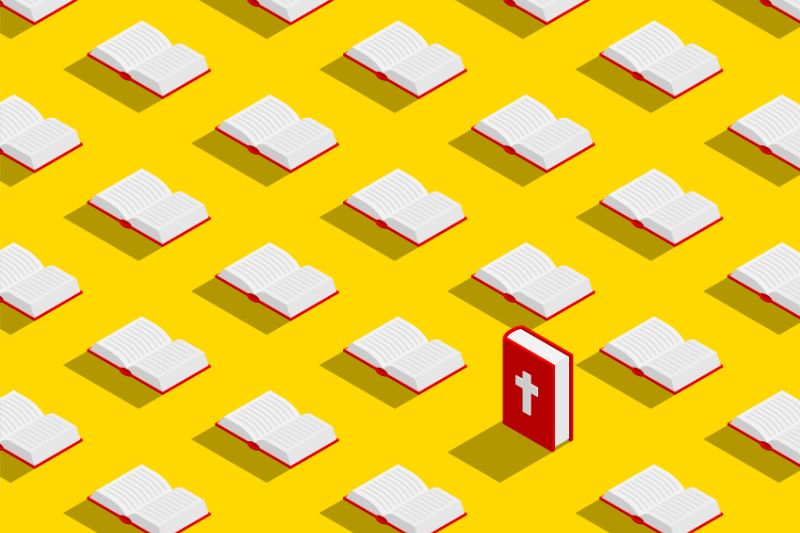
EDUCATION
- Jacinta Collins
- 20 August 2024
11 Comments
As the discourse surrounding religious freedom in Australia becomes increasingly contentious, especially in the context of schooling, we must address the growing perception that holding religious beliefs and values — and making choices based on them — is somehow discriminatory or at odds with modern society.
READ MORE
-

AUSTRALIA
- Barry Gittins
- 10 July 2024
4 Comments
How do you respond, when members of your own tribe share their distaste towards those who rub them up the wrong way? Do you ‘unfollow’? Do you engage? And if you vent against those who who offend with their own dearth of tolerance, are you guilty of doing the same?
READ MORE
-
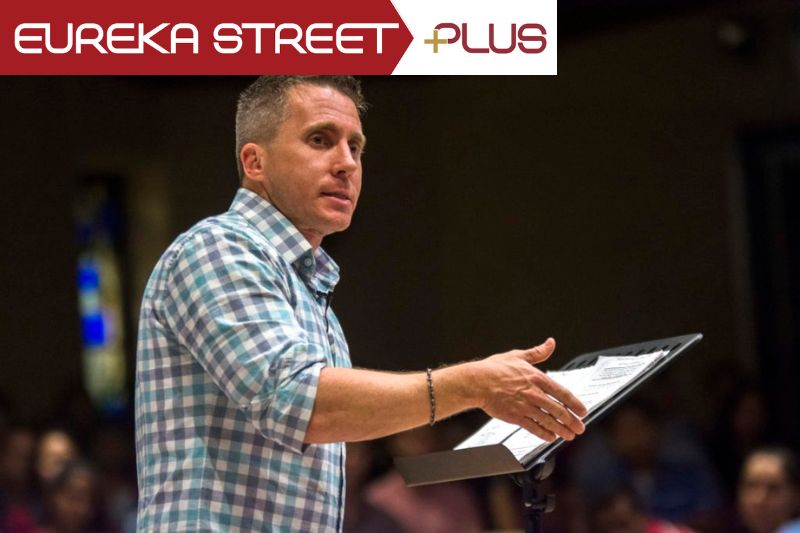
AUSTRALIA
- Michael McVeigh
- 28 May 2024
3 Comments
When US-based Catholic Jason Evert was due to speak to Catholic schools across NSW, there was a backlash, sparked by online activists. The controversies around Evert’s visit highlights just how difficult it is becoming to walk that line between the values and demands of the Church we represent, and the society in which we live.
READ MORE 
-

RELIGION
- Barry Gittins
- 21 May 2024
6 Comments
When friends faced a heartbreaking loss, they found solace in Carl Jung's writings, granting them permission to grieve and hope. Given his life of contradictions, how should we evaluate Jung's contributions and his complex relationship with religious faith?
READ MORE